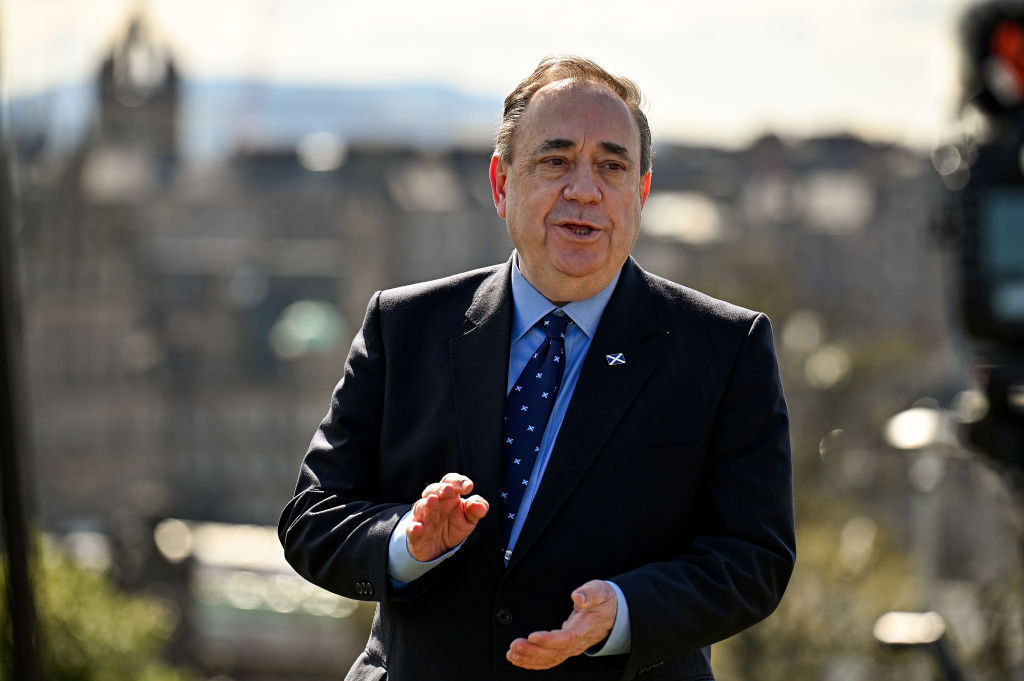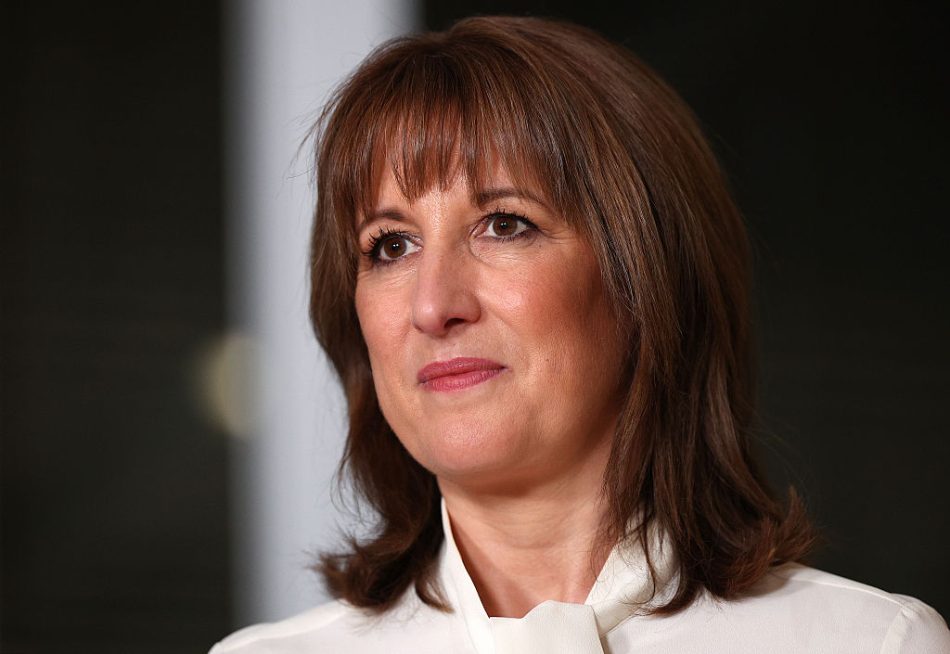When he lost his Gordon seat in the 2017 general election, Alex Salmond told his count and those watching – friend and foe – that ‘you’ve not seen the last o’ my bonnet and me’. The line comes from Sir Walter Scott’s Bonnie Dundee, an ode to John Graham, the 1st Viscount Dundee, who led the 1689 Jacobite uprising to restore James VII and the House of Stuart. Quoting the lyric was pure Salmond. Not only was he fond of weaving poetry into his public statements – an art sadly lost to most political rhetoricians – it reflected his self-mythologising as a modern-day Scottish rebel against the British establishment. Salmond saw himself and his politics in romantic terms. When he wasn’t comparing himself to the Jacobites, he was invoking or implying parallels with Fletcher of Saltoun, the Scottish patriot who railed against the Act of Union, and the Irish nationalist Charles Stewart Parnell. His tongue was sometimes in his cheek, but there was no doubt: Salmond believed himself not only to be living history but writing it.
Truth be told, Downing Street feared him, and they were right to
For much of his political career, that was fanciful if not deluded. He was canny, charming, capable, and quick on his feet. He was an uncommonly effective leader of the uncommonly unruly Scottish National Party (SNP). But in those days Scotland was Labour, and the SNP could only ever hope for a handful of perches on the green benches. To be anything more than a Scottish Neil Kinnock – clever, fluent, passionate, and going nowhere electorally – Salmond needed a break, and it came in the form of devolution. When it sold the idea of a Scottish parliament at the 1997 election, New Labour assured the public that ‘the Union will be strengthened and the threat of separatism removed’.
Salmond was elected to the first Scottish parliament in 1999 but resigned as party leader the following year and returned to Westminster. At that time, it looked as though Holyrood would be just another gloss on Labour’s Scottish fiefdom, bursting with on-message mediocrities whose only qualification for election had been the colour of the rosette on their lapel. Then came the Holyrood building scandal, 9/11, the Iraq War, and two unimpressive terms for a bland Labour-Lib Dem coalition. Salmond spied his opportunity, retook the leadership, and guided the SNP to victory at the 2007 Holyrood elections. For the first time in half a century, Labour had been defeated in Scotland.
As the head of a minority administration, Salmond set about remaking devolution on his terms. He renamed the Scottish Executive ‘the Scottish Government’ and made it more bullish towards Whitehall. In time, Holyrood was routinely clashing with the UK Government and asserting itself as Scotland’s primary government, with Westminster relegated to the sidelines of reserved matters like defence and foreign affairs. It was not only about policy but about the way Salmond and his government carried themselves. They spoke about Scotland as a nation and one that should naturally be independent. They inserted the term into new bodies (Police Scotland, Education Scotland, Creative Scotland) and stuck the saltire on everything in sight. It was not subtle, but it didn’t have to be. Salmond was busy building up a new nation and kindling a new sense of nationalism.
His grandest achievement will always be extracting an independence referendum from David Cameron. There was no legal obligation on the then Prime Minister to agree to a vote that could have resulted in the break-up of the United Kingdom, but Salmond was very persuasive. Truth be told, Downing Street feared him, and they were right to. He was a demagogue and, as is often the case with demagogues, he possessed a much keener understanding of the populace than all the pollsters and PPEs in SW1. Scotland ultimately voted ‘No’, and Salmond died without seeing the nation’s sovereignty restored, but for centuries to come, it will be impossible to write a history of Scotland without frequent resort to the words ‘Alex Salmond’.
His political career came undone at the same time as his friendship with Nicola Sturgeon. He was her mentor. He plucked her from relative obscurity and made her his second-in-command. In 2014, he handed her the leadership of the SNP without a single vote being cast. And he went to his grave no longer speaking to her, their alliance sunk by sexual harassment allegations against him and his accusation that key figures around her had plotted to remove him from public life and even have him jailed for attempted rape. (He was acquitted of all criminal charges, and the Court of Session found the sexual harassment probe to have been unlawfully tainted by bias.)
Alex Salmond’s life reads much like your standard political biography, ending in failure as Enoch Powell said all political lives do. Certainly, he went from father of the nation to pariah, from head of Scotland’s ruling party to leader of a pitiful fringe outfit with no seats and no future, but ‘failure’ feels too final a description. For one thing, Parnell died with Ireland still under the British crown, but few would call him a failure, and it is not known to us whether the spark lit by Salmond’s referendum –which produced a vote of 45 per cent in favour of secession – might one day guide Scotland out of the United Kingdom. For another, romantics like Salmond don’t fail in the same way as realist politicians. A tragic leader might go to his maker fallen and scorned but safe in the knowledge that so many before him went the same way, only to be rehabilitated in time, their character flaws smoothed over by new generations of romantics seeking out heroes and history.
Alex Salmond was many terrible things, and his politics were, I believe, destructive for Scotland. I confess that as a young man I voted for him a couple of times, but I came to regard him as a demagogue, a bully, a wound-poker, a parochialist, a middling intellect, and, chief among them all, a megalomaniac. When a politician of import passes away, commentators instantly qualify as actuaries of political legacy, and many of them will consider the referendum result, the sexual misconduct allegations, and the undignified clutches at relevance and judge Salmond to have died a failure. I’m not so sure, because I don’t think Salmond measured his life and his political career by their metrics. He saw it as his calling to keep alive the dream of Scottish independence and pass it on to as many of his compatriots as were willing to entertain it. He did that not just with his rhetoric or his referendum but by showing Scotland that Nationalist government was possible, and getting them to vote for it. His critics inside the SNP, including those who hold him in contempt with good reason, should remember that it was Salmond who took them from perpetual opposition to perpetual incumbency.
Wherever the SNP and Scottish nationalism go from here, they travel a path cut for them by Alex Salmond. He may be gone, but they haven’t seen the last of him.








Comments